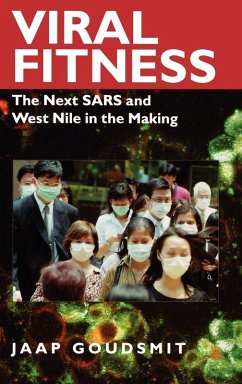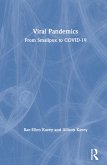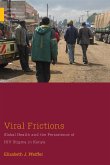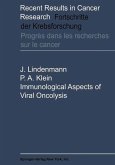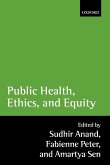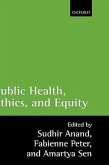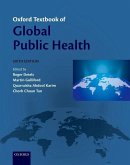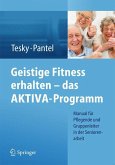Despite vaccines and medicines, we have not succeeded in eradicating the most dangerous viruses in the world, like jaundice, measles, diarrhoea, polio and AIDS, not to mention newcomers like West Nile and SARS. Also, since September 11, it is no longer unthinkable that a terrorist would intentionally spread a virus among people or the food chain. In this book, Jaap Goudsmit argues that there is no such thing as life without viruses for many reasons, including the
fact that many viruses spread without any visible signs, and can hide in animals; that there are too many different species of viruses and they multiply much faster than any animal or plant; and that infections strike especially in areas where life is difficult enough already, such as Africa and Asia.
However, if viruses hold onto life so stubbornly, perhaps they can be useful to other living beings. Do viruses offer people a better chance of survival in a hostile world? Do viruses make people fitter? Some viruses seem to play a role in the process whereby our genes adapt to the environment. What is it that makes viruses incredibly strong, and can we learn something from it? What is the secret of the enormous "fitness" of viruses? Will viruses spell the end of mankind or will man
always be able to offer resistance? This book attempts to answer these and other questions.
Hinweis: Dieser Artikel kann nur an eine deutsche Lieferadresse ausgeliefert werden.
fact that many viruses spread without any visible signs, and can hide in animals; that there are too many different species of viruses and they multiply much faster than any animal or plant; and that infections strike especially in areas where life is difficult enough already, such as Africa and Asia.
However, if viruses hold onto life so stubbornly, perhaps they can be useful to other living beings. Do viruses offer people a better chance of survival in a hostile world? Do viruses make people fitter? Some viruses seem to play a role in the process whereby our genes adapt to the environment. What is it that makes viruses incredibly strong, and can we learn something from it? What is the secret of the enormous "fitness" of viruses? Will viruses spell the end of mankind or will man
always be able to offer resistance? This book attempts to answer these and other questions.
Hinweis: Dieser Artikel kann nur an eine deutsche Lieferadresse ausgeliefert werden.

